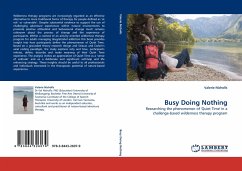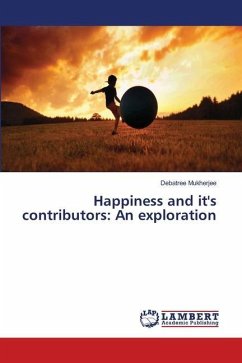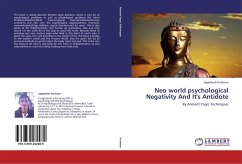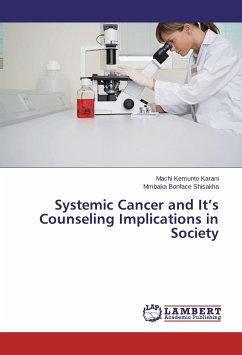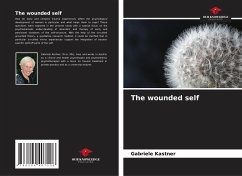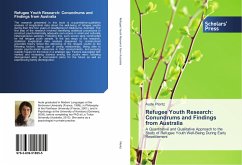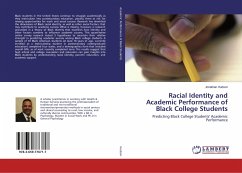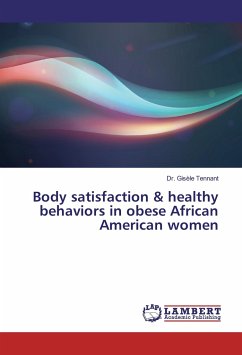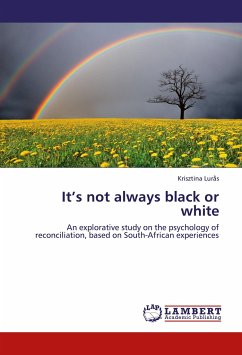
It's not always black or white
An explorative study on the psychology of reconciliation, based on South-African experiences
Versandkostenfrei!
Versandfertig in 6-10 Tagen
36,99 €
inkl. MwSt.

PAYBACK Punkte
18 °P sammeln!
The purpose of this empirical study is to explore the meaning(s) of the South-African reconciliation process from the perspective of survivors. It describes the survivors' feelings, thoughts and views of reconciliation, both before and after their interaction with the South-African Truth and Reconciliation Commission (SATRC). Their feelings and opinions about the relationship between reconciliation and issues such as justice, amnesty, impunity, forgiveness, reparations and healing are described, analyzed and discussed. This study challenges the strengths of the reconciliation process in South ...
The purpose of this empirical study is to explore the meaning(s) of the South-African reconciliation process from the perspective of survivors. It describes the survivors' feelings, thoughts and views of reconciliation, both before and after their interaction with the South-African Truth and Reconciliation Commission (SATRC). Their feelings and opinions about the relationship between reconciliation and issues such as justice, amnesty, impunity, forgiveness, reparations and healing are described, analyzed and discussed. This study challenges the strengths of the reconciliation process in South Africa and its acclaimed success. The concept of reconciliation appears then as problematic and paradoxical for survivors in the aftermath of atrocities and political violence. It emerges as a crucial point that the SATRC has treated truth, justice and reparation as separate issues whereas for the survivors they are deeply inter-linked needs. Justice can reveal the truth, and reparation is not only a right, but an integral part of re-establishing the survivor's trust in a just future. Maybe, in this awareness lies a concrete hope for both personal and national reconciliation.




